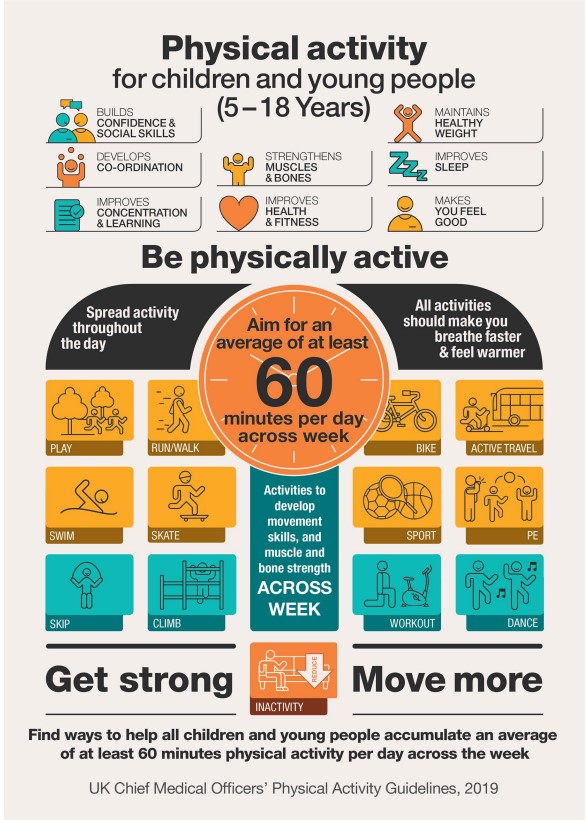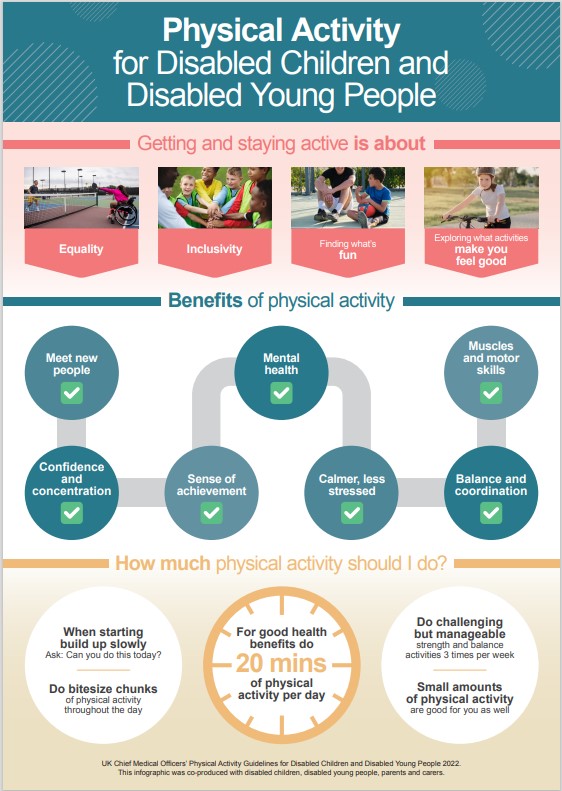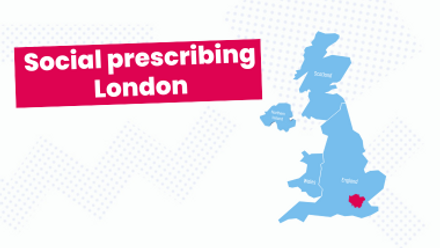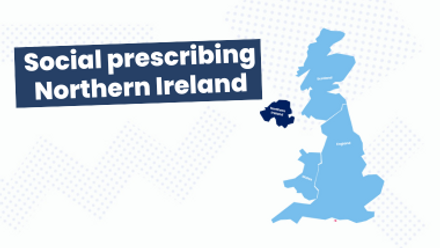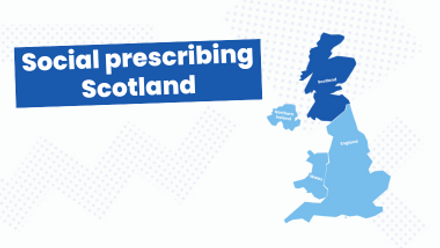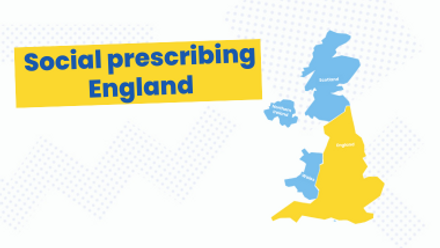Physical health outcomes
To help you find out more about the benefits of physical health for wellbeing, we've gathered together some key pieces of research and highlighted areas you may be interested in.
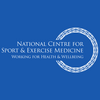
This evidence briefing from the British Heart Foundation National Centre for Physical Activity and Health finds evidence for the physiological and psychological benefits of undertaking at least 60 minutes of physical activity every day.
Some key findings from the report on physiological and psychological outomes:
Physiological outcomes
Regular participation in physical activity is associated with the following physiological outcomes in children and young people:
- improved cardiovascular fitness.
- improved cardiovascular and metabolic health such as a 20-35% lower risk of cardiovascular disease including coronary heart disease, stroke, and improved cholesterol profiles
- decreased risk of type 2 diabetes
- improved bone health
- reduced body fat and maintaining a healthy weight
- stronger muscles
Psychological outcomes
Regular participation in physical activity is associated with the following psychological benefits in children and young people:
- improved self-confidence in young people aged 10-16 years undertaking a ‘high-level’ of activity
- improved social skills, integration into peer groups and extending social networks for young people
- improved self-esteem in young people with a greater effect for children with perceptual, emotional, and learning disabilities
- reduced anxiety and the potential for reduced depression, although the evidence for this is limited
All Our Health by the Office for Health Improvement and Disparities looks at the wider costs of inactivity and finds:
- physical inactivity is associated with 1 in 6 deaths in the UK
- estimated to cost the UK £7.4 billion annually (including £0.9 billion to the NHS alone
- our population is around 20% less active than in the 1960s
- being active can help to prevent and manage over 20 chronic conditions and diseases
- people with disabilities or long-term conditions are twice as likely not to be active enough for good health
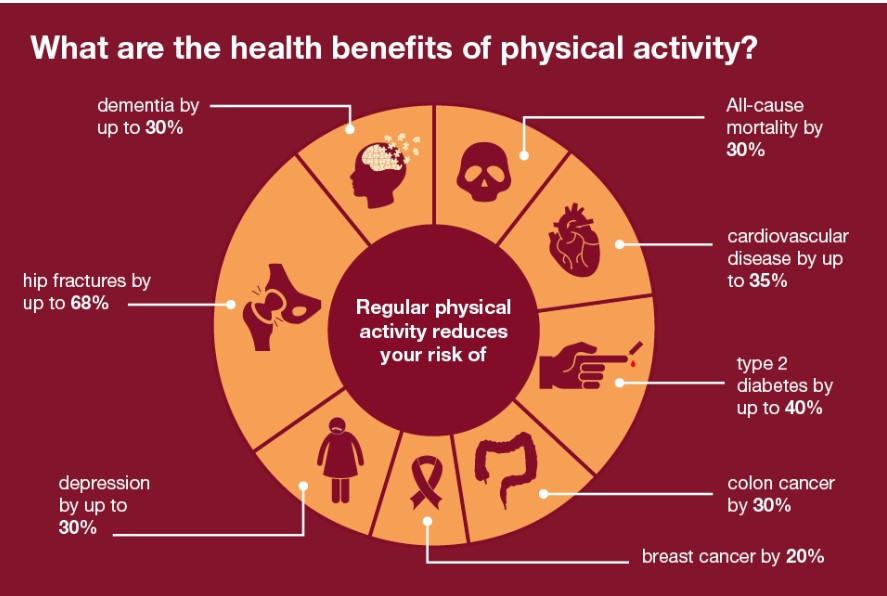
Find out more on the OHID All Our Health page
Research indicates that inactive children are likely to become inactive adults, putting young people at risk of developing life-threatening conditions such as heart disease and cancer.
This guidance from the Chief Medical Officer can be downloaded by clicking the images.

